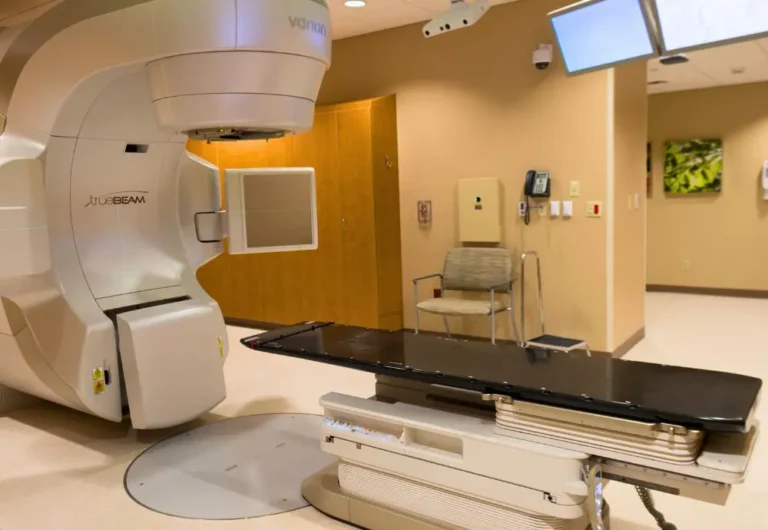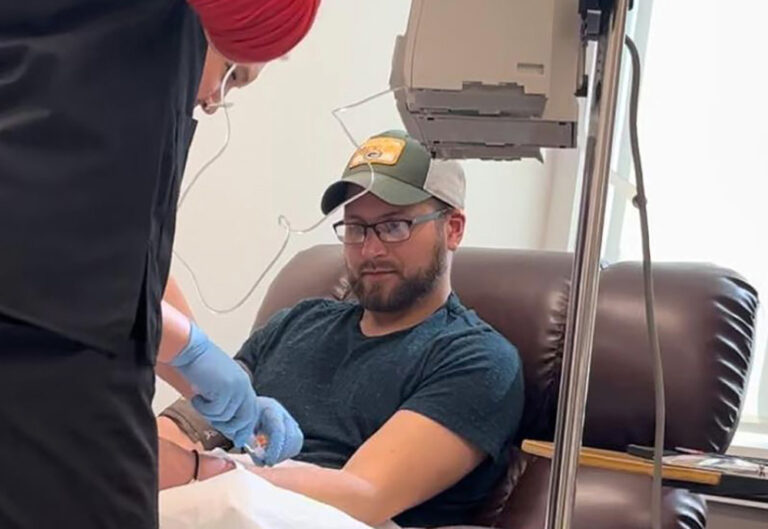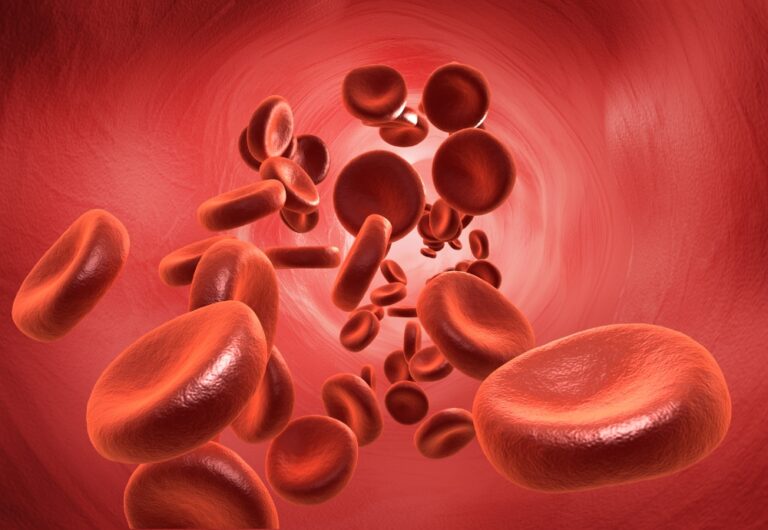Webster’s Dictionary defines a myth as an unfounded or false notion.
Information on cancer is available seemingly everywhere. Unfortunately, not all that is written is factual or proven in regards to cancer. The following information sets a few of these myths straight.
MYTH: The number of people diagnosed and dying from cancer is increasing.
FACT: According to multiple sources, including the National Cancer Institute the Centers for Disease Control and Prevention and the American Cancer Society, the number of new cancer cases decreased steadily between 1999 and 2006. The number of deaths from cancer decreased steadily between 2001 and 2006. More people with cancer are now living longer lives with a better quality of life due to early diagnosis, lifestyle changes and improved treatment
MYTH: Cancer is a death sentence; it is always a terminal disease.
FACT: People diagnosed with cancer have a very good chance of surviving the cancer. The long term survival for all cancers combined is estimated to be approximately 60 % at 5 years. This improvement has been achieved through years of research with earlier detection and better surgical, radiation and chemotherapy options.
MYTH: Cancer is contagious.
FACT: No cancer can be spread by touching, holding, hugging or kissing a person with cancer. If this was true, there would be no oncologists left. There are a few cancers that can be caused by viruses. For example, if a person is exposed to and contracts hepatitis C, then he or she will be at a higher risk of developing liver cancer.
MYTH: If a parent has cancer, then his or her child will also develop cancer.
FACT: All cancers are due to genetic changes, but not all genetic changes are a result of heredity. Only 5-10% of cancers are hereditary. Most cancers occur after a lifetime of accumulated mutations, especially after exposure to agents such as tobacco, excessive sunlight, radiation, obesity and other factors, some of which have not been identified yet.
MYTH: Many beliefs about treatment options.
FACT: If a supposed cancer treatment is supported only by testimonials or anecdotes of a few dozen people, there is a good chance that this is not a valid treatment option. Scientists and physicians never rely on testimonial evidence, rather, they determine if a treatment is effective by testing it in a clinical trial with many patients.
Please talk with your treatment team regarding any information you are unsure about.









